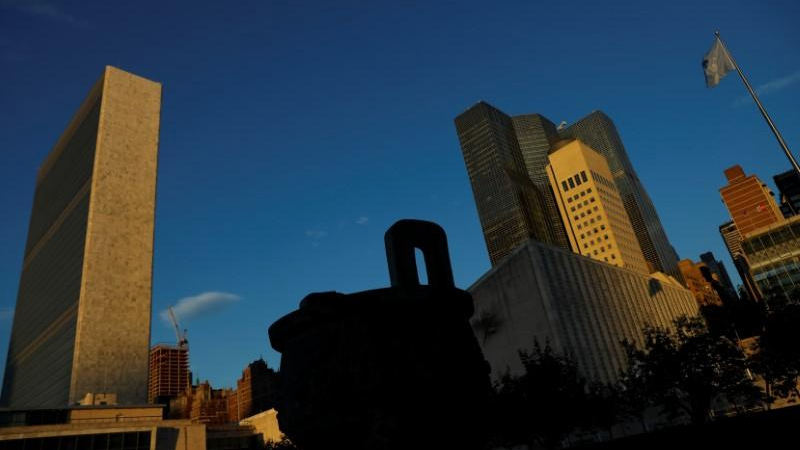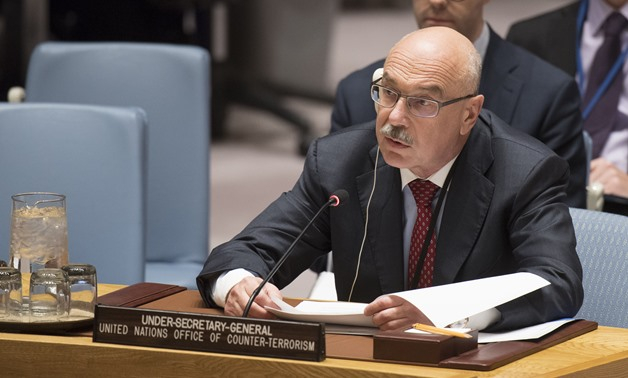
Politics
14:20, 27-Jun-2018
US pulls funding for a Russian-headed UN counterterrorism office
Updated
13:39, 30-Jun-2018
CGTN

The United States cut a planned two million US dollar pledge for the United Nations Counterterrorism Office on Wednesday and downgraded its presence at a conference on the issue, the latest move by the Trump administration to wield its funding to push for reform of the world body.
The funding cut was made over a decision by the UN counterterrorism chief, a former Russian diplomat with more than 30 years service, to close part of an inaugural conference to nongovernmental interest groups, a US official speaking on condition of anonymity said.
When asked if the decision had anything to do with counterterrorism chief Vladimir Voronkov being Russian, the US official said "it matters" and that Voronkov had come under "tremendous pressure by his home country" on the conference.

UN counterterrorism chief Vladimir Voronkov /Reuters Photo
UN counterterrorism chief Vladimir Voronkov /Reuters Photo
The US stance on the one-year old office is the latest salvo in the Trump administration's push for change at the United Nations. Last week, the United States withdrew from the UN Human Rights Council over what it saw as the body's bias against Israel and a lack of reform.
Two sessions at the conference's opening day on Wednesday – on the sharing of information and expertise and combating foreign fighters – will be closed to interest groups and media.
A senior UN official, also speaking on condition of anonymity, said the reason for closing the sessions was the expectation of "a lot of sensitive information shared between the heads of counterterrorism agencies."
The US official said Washington has downgraded its representation at the two-day conference to an acting deputy coordinator in the State Department Bureau of Counterterrorism, instead of a possible ministerial level official.
Nearly 120 countries were expected to attend, along with 100 civil society groups, the UN official said. Close to 75 percent of delegations would be led by heads or deputy heads of counterterrorism agencies or interior ministers, the official said.
Source(s): Reuters

SITEMAP
Copyright © 2018 CGTN. Beijing ICP prepared NO.16065310-3
Copyright © 2018 CGTN. Beijing ICP prepared NO.16065310-3